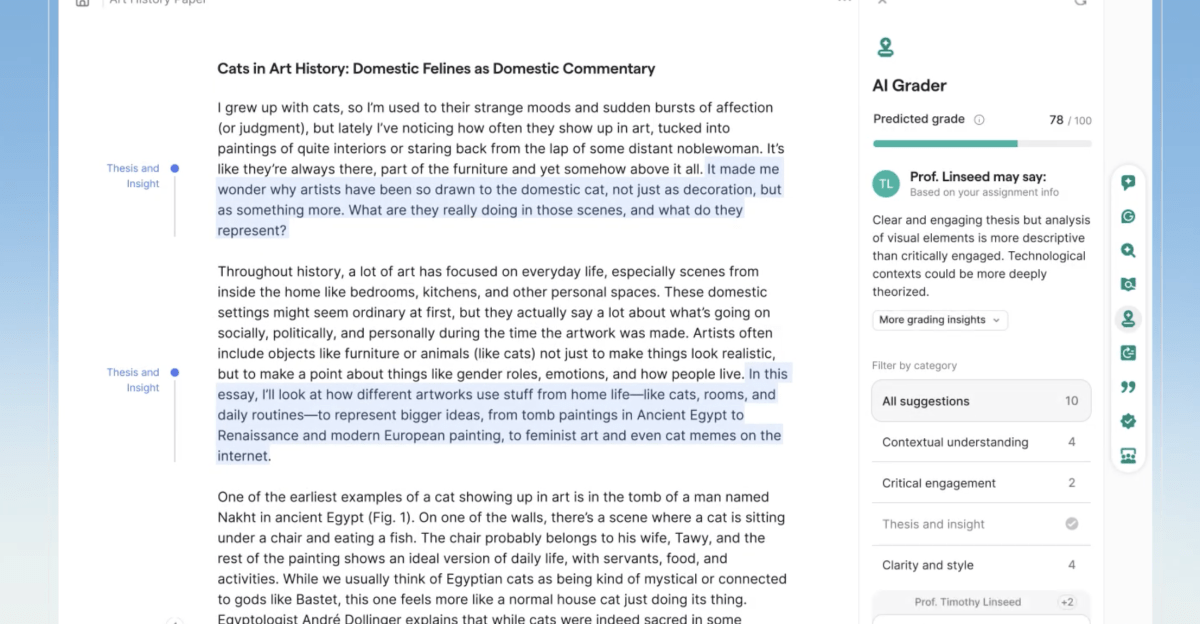Kerala has been put on high alert after a 9 year-old child died due to the complications after getting infected by a rare brain-eating amoeba.

Brain Eating Amoeba In Kerala: Kerala has been put on high alert after the state logged the third death due to a rare and fatal brain-eating amoeba infection. According to the reports, a 9 year old girl from Thamarassery, Kozhikode, Kerala, tragically succumbed to the severe symptoms associated with the highly infectious amoeba, also known as primary amoebic meningoencephalitis (PAM).
Speaking to the media about the case, a senior health official said that the girl was admitted to the hospital with high fever and severe body ache. However, her condition worsened quickly, and later she was shifted to the Kozhikode medical college on August 14 where she died the same day. The officials have warned people to be aware of such signs, espeically when there is a surge in cases associated with this deadly disease.
Caused by the notorious “brain eating” amoeba Naegleria fowleri, this aggressive infection has already claimed multiple lives in the region. Two more cases were recorded from the state of Kerala, including a critically ill 3 month old infant and a 40 year old man. Officials have ordered the health workers to remain vigilant of the developments and track the infection. Let’s know more about this amoeba and the deadly infection.
Rare Brain Eating Amoeba: All You Need To Know
Caused by free-living amoeba, amoebic encephalitis is a deadly infection that is typically contracted from freshwater sources such as lakes, rivers, and streams.
How does the infection travels from one individual to another? As per experts, the most common way by which the amoeba infects a healthy individual is when infected water goes into the body via nose. From the nostril, the infection then travels to the brain, affecting he central nervous system. This usually happens when someone is swimming, diving or doing something like water skiing in infected water. Experts have also cautioned that in some of the extremely rare cases, the infected water can be heated tap water or swimming pool water that isn’t chlorinated enough.
Warning Symptoms of Brain Eating Amoeba
As cases surge, experts have urged people in the state to remain informed about the infection and the signs and symptoms that the body may develop once an individual is infected. Here are the common signs of brain-eating amoeba infection that one should look out for:
- Severe headache
- Fever accompanied by severe body aches
- Nausea and vomiting
- Stiff neck or unexplained pain in the neck area.
- The patient may also develop serious light sensitivity, also known as photophobia.
In some rare cases, the infected individual may also develop severe warning signs such as excessive confusion, unexplained disorientation, frequent hallucinations, seizures and a sudden loss of balance.
Follow TheHealthSite.com for all the latest health news and developments from around the world.
Subscribe to Our Newsletter Today!













Leave a Reply